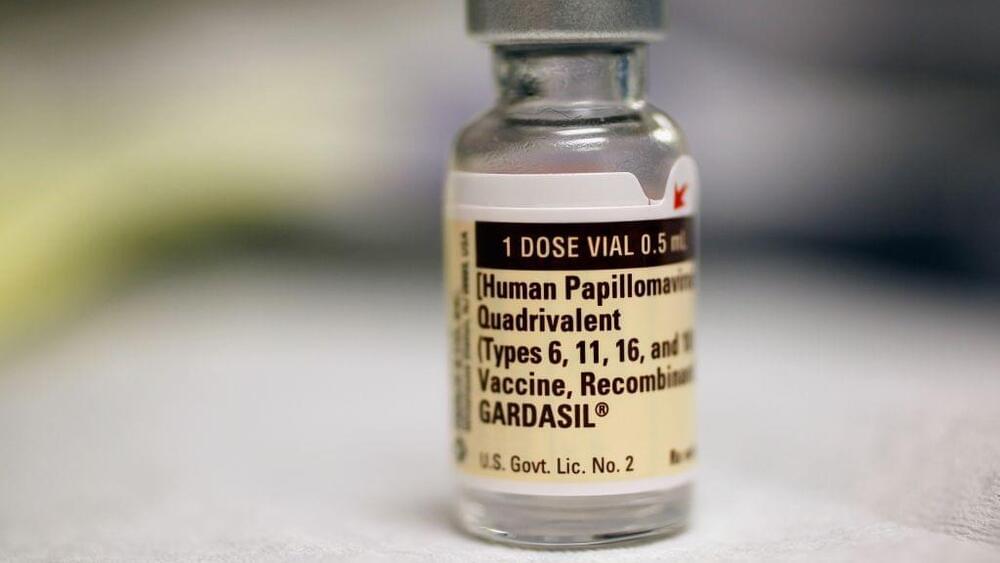A decade ago, a London cancer prevention researcher predicted that the United Kingdom’s national HPV vaccination campaign would take more than 15 years to prevent a majority of cervical cancers. So when he analyzed the data this year, he was stunned to find that the vaccine may already have nearly eliminated cervical cancer in the U.K. among young women.
“If this is right,” Peter Sasieni of King’s College London said of his findings, cervical cancers “could be reduced to about 50 – just 50 cancers in the whole of the U.K. for women under 30. It’s really quite exciting to see that day come – excitement and just joy.”
That joy was tempered with envy in the United States, where some of Sasieni’s peers lamented that the HPV vaccination rate for teenage girls lags far behind — about 59% in the U.S. vs. more than 85% in the U.K. The analysis, published last week in the Lancet, suggests the U.K. has notched a major public health victory against cancer through vaccinating the vast majority of young women against HPV, said Allison Kempe, a pediatrics professor at the University of Colorado School of Medicine who did not work on the study.










Comments are closed.